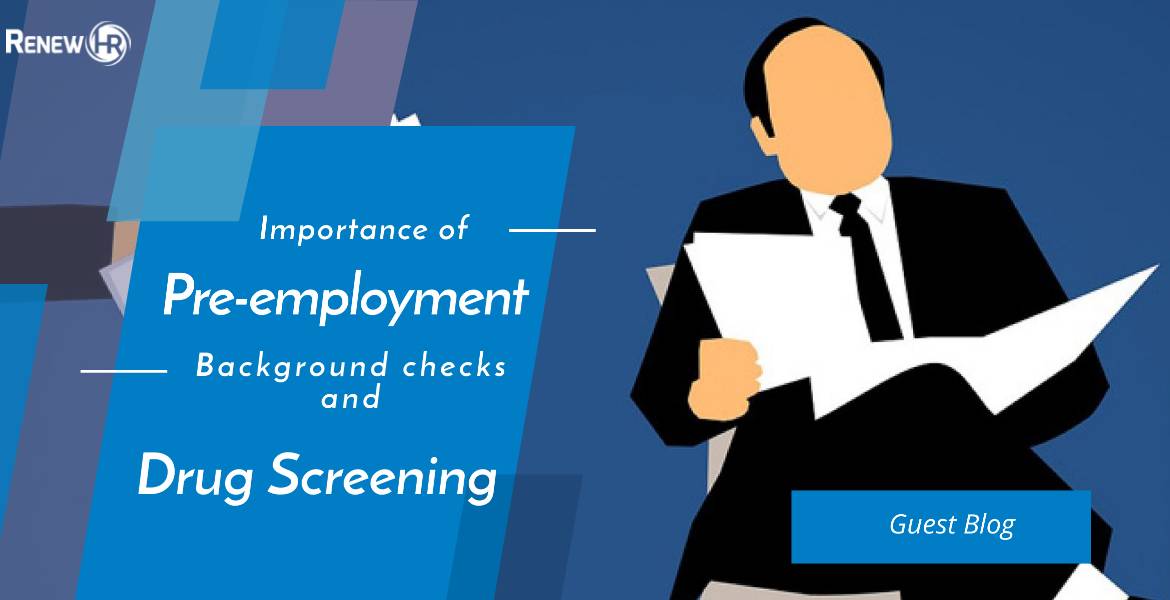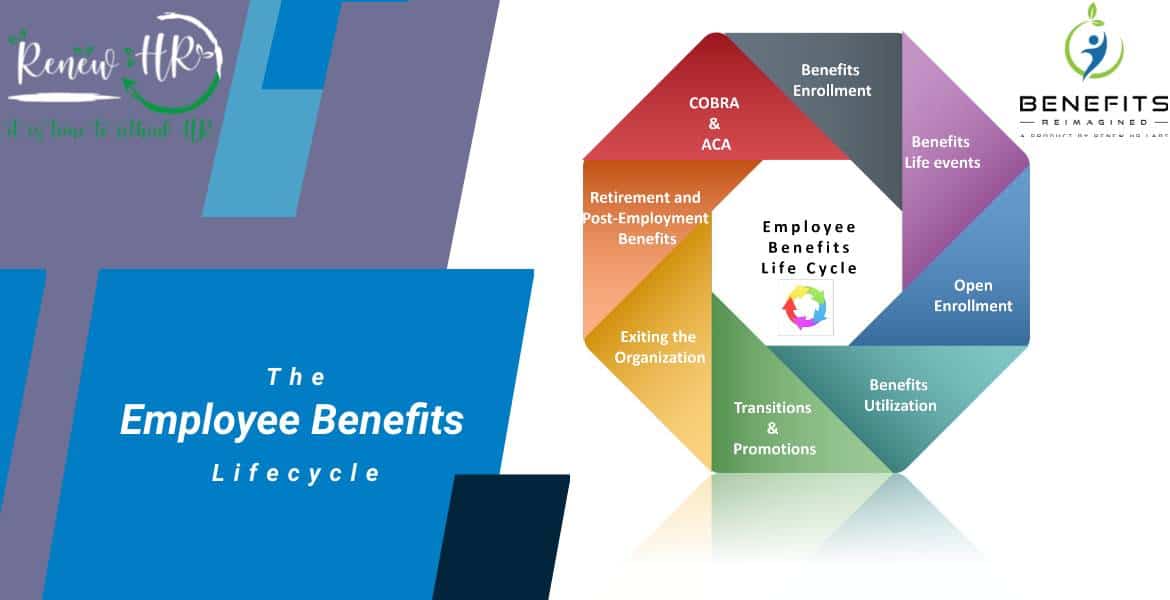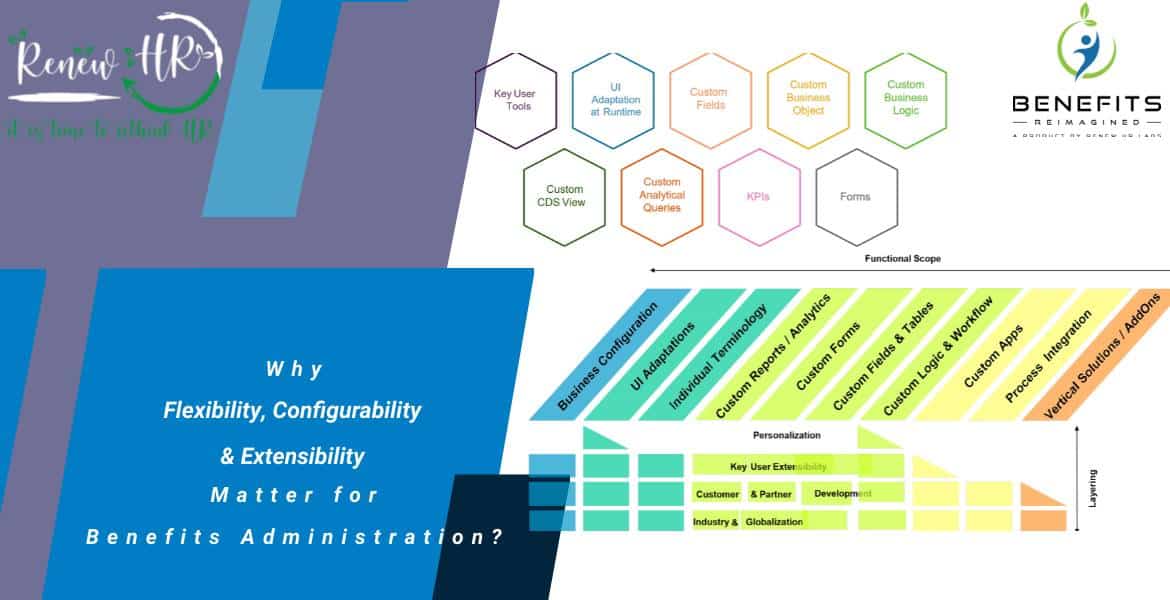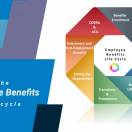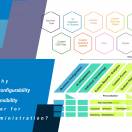Contents
Pre-employment background checks and drug
Pre-employment background checks and drug tests are not signs of mistrust or invasion of an individual’s privacy. These are crucial components of modern-day hiring processes, designed to identify the best talent and protect an organization from the risks that come with unreliable workers.
Most companies run background checks and perform applicant drug testing to avoid hiring candidates who may pose a threat to others in the workplace or become a liability at some point in time.
Here in this post, we will discuss why employers cannot afford to ignore pre-employment background checks and drug screening.

Highlight Criminal History
The chief reason most companies run pre-employment background checks is to find out if a job-applicant under consideration for a vacant position has had any criminal convictions in the past.
At times, criminal charges may posit an individual as undependable, dangerous, or otherwise not fit for a particular job role.
In some cases, the charges are minor, very old, or largely irrelevant to the job at hand.
In either case, an employer needs to establish whether an individual has a criminal record in order to assess the risk of having him join the workforce.
Thus, criminal record checks help employers make educated hiring decisions.
Besides promoting the safety of workers and customers in the workplace, criminal background checks also help protect an organization’s assets and reputation.
Flag Past Infractions
Some pre-employment background checks will flag past infractions that may directly impact an individual’s ability to perform a set of duties in the workplace.
Depending upon the nature of the job at hand, an organization may want to find out if an applicant has a spotty driving record with DUI (Driving under the influence) charges, license plate suspensions, speeding tickets, traffic violations, etc., a poor credit history full of debts and missed payments, etc.

Yes, such information does not always have a bearing on a candidate’s ability to perform a job to the satisfaction of an employer. However, if the job at hand involves driving a truck or handling cash, knowledge of such past infractions certainly becomes important.

Avoid Liability
In most jurisdictions around the globe, employers are held responsible for incidents that happen in the workplace if background checks on potential hires are not conducted.
Say you don’t run a background check on a candidate and you hire them for a truck driver’s position. One day, the truck rams into passenger cars on the highway, injuring more than a dozen people. The police arrest your employee for driving under the influence. It turns out the driver has got DUIs in the last three years.
Since your company did not do due diligence and perform a background check before hiring this person, you may be held liable for the damage caused by your worker.
Workplace violence, thefts, accidents, etc. are a few examples of unfortunate incidents for which employers can be held liable. Background checks fulfill due diligence and help you avoid liability arising out of the actions of your workers.
Verify Employment Qualifications
Job applicants do not always provide accurate or complete information about their education, projects, and employment history in their resumes.
For instance, a candidate may intentionally hide information about a recent job that he quit within two months or list out certifications that he didn’t acquire. Therefore, verifying all education and employment claims on the resume is important.
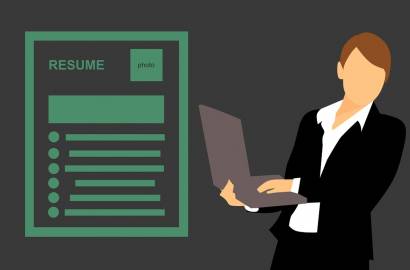
According to a CNBC report, 75% of human resource managers said in 2017 that they had caught applicants lying in their applications or resumes.
At the basic level, a background check helps employers determine if the information provided by a candidate in his or her resume is true and accurate. It also gives hiring managers a better picture beyond what is described in a resume or discovered in a telephonic or face-to-face interview.

Highlight Dishonesty
Job applicants put in great effort to charm interviewers and present themselves as thorough professionals. They act in a manner they believe the hiring manager wants to see and often present partial or distorted information.
But many candidates are downright dishonest on their applications. From fake work histories and changes in employment dates to incorrect information about job responsibilities and inflated job titles during previous employment, some applicants can lie about anything to get a job.
A pre-employment background check may involve calls to former colleagues or supervisors of an applicant to make sure the information or claims on the application or resume match up with the truth. If the information does not match up, hiring managers will know the candidate has been dishonest and no company wants to hire someone they cannot trust.
Drug-Free Workplace
Drug abuse in the workplace can lead to fatal accidents, theft of company assets and data, violent or non-violent crimes, illegal sale and distribution of drugs, absenteeism, low productivity, and high employee turnover rates.
Businesses all over the world incur huge costs in terms of lost profits due to drug abuse. Healthcare and workers’ compensation costs also shoot up if workplace drug abuse goes unchecked.

Standard background checks may help flag candidates who have been charged with possession or distribution of controlled substances in the past. But, not all people with drug problems get caught or have a trail of information that can show up in a background check. So, it becomes important to supplement background checks with applicant drug testing.
Applicant drug testing goes a long way in promoting safety in the workplace. It also helps employers save on associated costs. The benefits of applicant drug testing far outweigh the cost.
Pre-employment drug screening allows employers to determine if an applicant has a recent history of drug abuse. Different drug testing methods have varying drug detection windows. Therefore, it is possible to determine if an applicant has used certain controlled substances in the last 24 hours, one week, one month, or six months.
For companies that employ workers in safety-sensitive jobs in the construction, mining, security, transport, and manufacturing sectors, pre-employment drug testing may be one of the most valuable components of a hiring process.
The laws concerning how and when job-applicants can be drug tested vary across the world. In most of the states in the US, employers generally need to make a conditional offer of employment to a candidate before a drug test is conducted.

Keep Employees and Customers Safe
From violent criminals and sex offenders to habitual liars and drug addicts, hiring managers may come across individuals they just cannot risk hiring.
But, what if hiring managers are not aware of the fact that certain applicants are high-risk individuals? What if a company hires a sexual predator or a drug addict without running a background check or testing this person for drug use?
Just like the truck driver example above, the company could be held liable for the actions of a sexual predator or a drug addict in the workplace.


